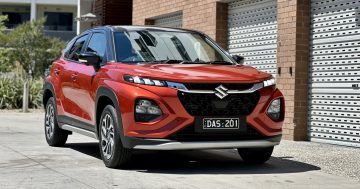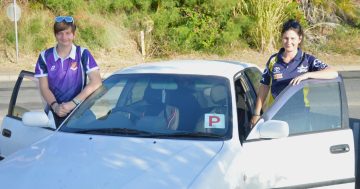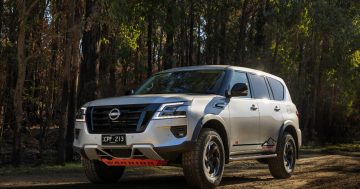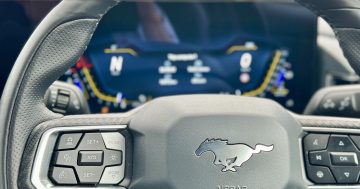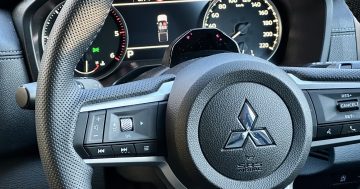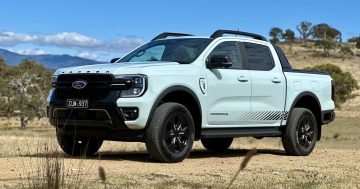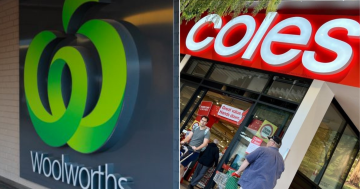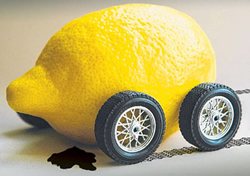 Consumer Protection has published a new video covering what potential buyers of privately owned used cars need to keep in mind.
Consumer Protection has published a new video covering what potential buyers of privately owned used cars need to keep in mind.
Commissioner for Consumer Protection, Gary Newcombe said while buying a vehicle privately could be cheaper, it also offered less security.
“It’s important to know what steps to take to avoid ending up with a lemon or being scammed out of your money altogether,” Mr Newcombe said.
“Depending on the age of the vehicle, you may be entitled to any remaining period of the manufacturer’s warranty, or any extended warranty that was purchased with the vehicle,” he said.
“Be sure to confirm whether any warranty remains and, if so, arrange with the seller to have it transferred where possible.”
Mr Newcombe said that although the Australian Consumer Law provided guarantees as to clear title, undisturbed possession and undisclosed securities, potential buyers should still carry out a search of the Personal Property Securities Register to ensure the vehicle was not stolen; did not have money owing on it; or was not a write-off.
“When inspecting the vehicle, check the date and year of manufacture is the same as the date on the vehicle identification plate; that the number plate matches that stated on the licence papers; and that the date and year of manufacture is the same as the date on the vehicle identification plate,” he said.
“You should also check whether the vehicle identification number or chassis number in the engine bay matches that stated on the licence registration papers; that the vehicle is licensed; and when the licence expires.”
The Commissioner said the owner should also be asked to show the vehicle licence papers, a sales receipt or a driver’s licence to help identify who they were.
“A price and a method of payment need to be agreed upon between yourself and the seller, and only proceed if you are completely happy with the purchase,” Mr Newcombe said.
The Consumer Protection video can be accessed at this PS News link.


